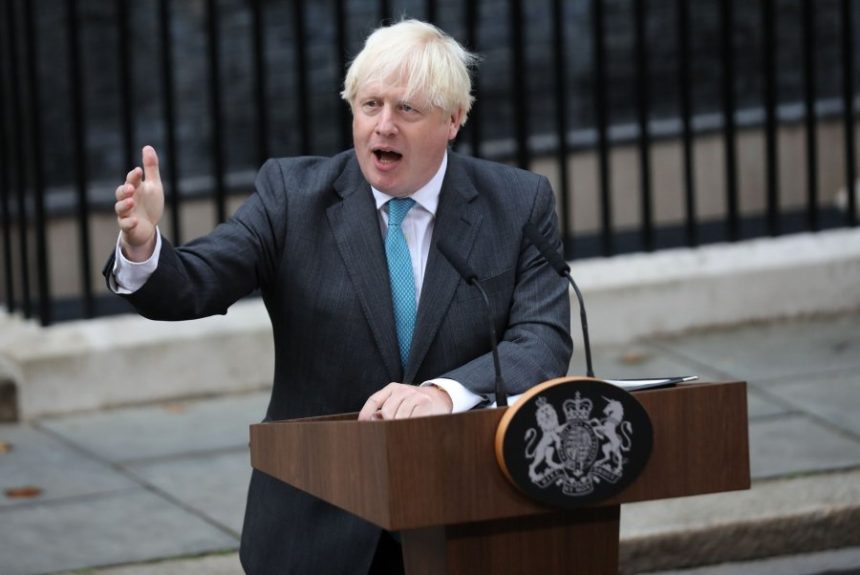Nov. 20 (UPI) — A scathing report released in Britain details the country’s response to the COVID-19 pandemic, saying early failures to take the disease seriously took thousands of lives.
It said that all four United Kingdom governments — England, Wales, Scotland and Northern Ireland — failed to understand the scale of the threat.
“The inquiry finds that the response of the four governments repeatedly amounted to a case of ‘too little, too late,'” it said.
The inquiry, led by Baroness Heather Hallett, a retired appeals judge, used modeling data that showed that if the lockdown had begun a week earlier, there would have been 23,000 fewer deaths. The report is 750 pages, divided into two volumes.
The U.K. government first advised restrictions on March 16, 2020. Those included self-isolation, household quarantine and social distancing. It imposed a full lockdown on March 23.
The report also gave strong criticism of then-Prime Minister Boris Johnson, saying there was a “toxic culture” at No. 10 Downing.
It said Johnson “reinforced a culture in which the loudest voices prevailed and the views of other colleagues, particularly women, often went ignored, to the detriment of good decision-making.”
The early COVID crisis in Italy “should have prompted urgent planning across the four nations,” the report said. “Instead, the governments did not take the pandemic seriously enough until it was too late. February 2020 was a lost month.”
Johnson should have chaired the Cabinet Office Briefing Room A meetings in the first month, the report said. During a February holiday, Johnson spent the week at the government’s Chevening country retreat, the report said. “It does not appear that he was briefed, at all or to any significant extent, on COVID-19, and he received no daily updates.”
The lockdown was delayed in March because scientific advisors Chris Whitty and Patrick Vallance warned of “behavioral fatigue,” which meant that people would only comply for a period. But this “had no grounding in behavioral science and proved damaging, given the imperative to act more decisively and sooner,” the report said.









